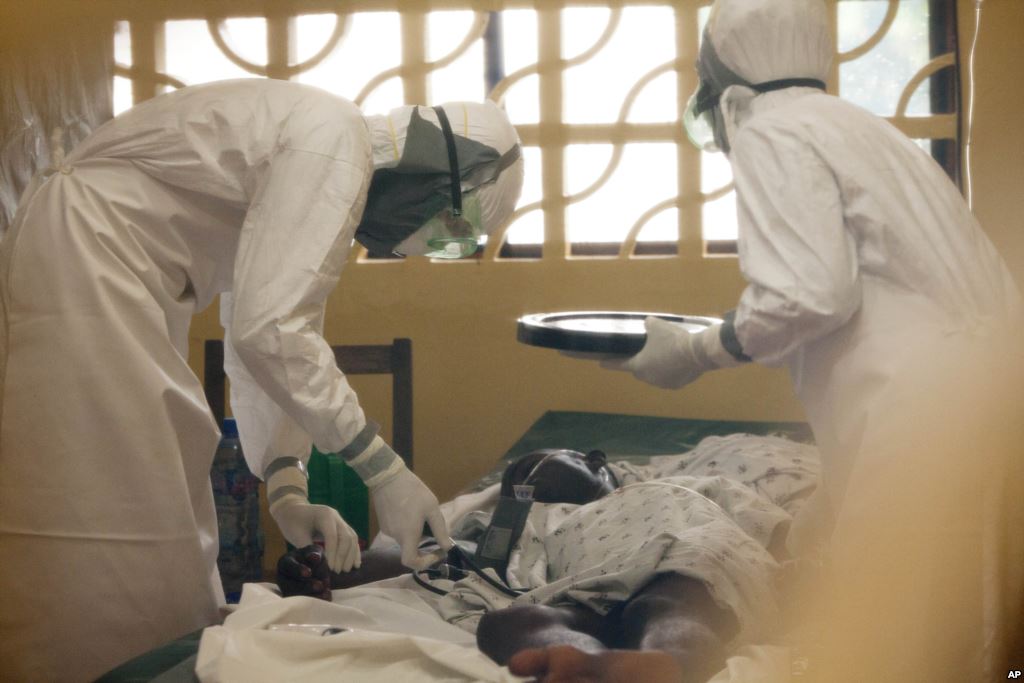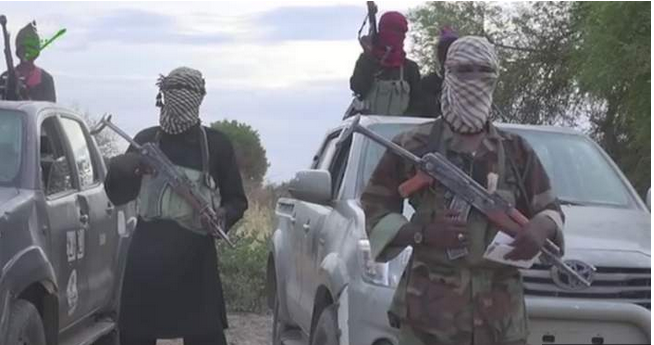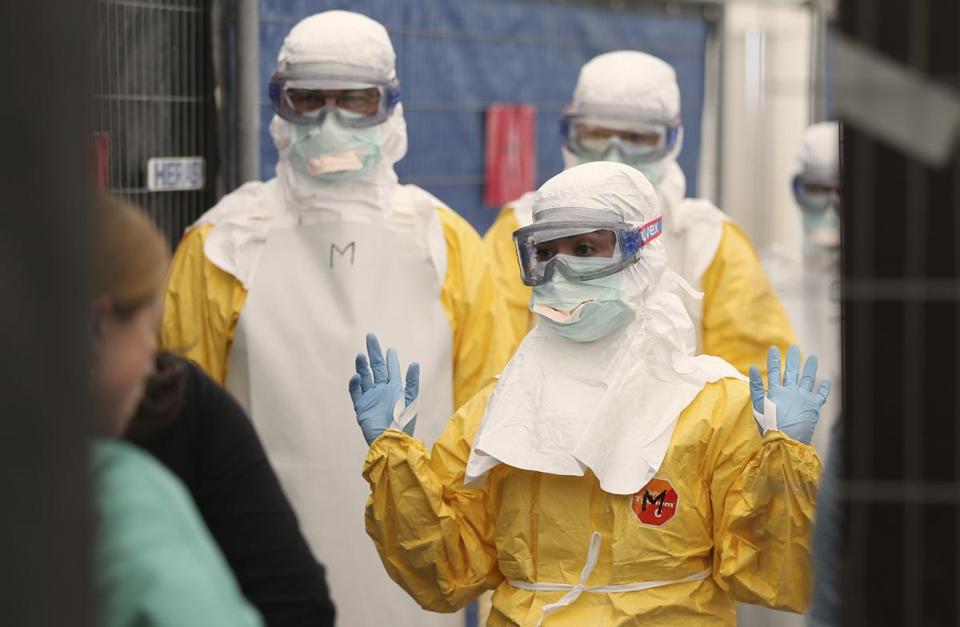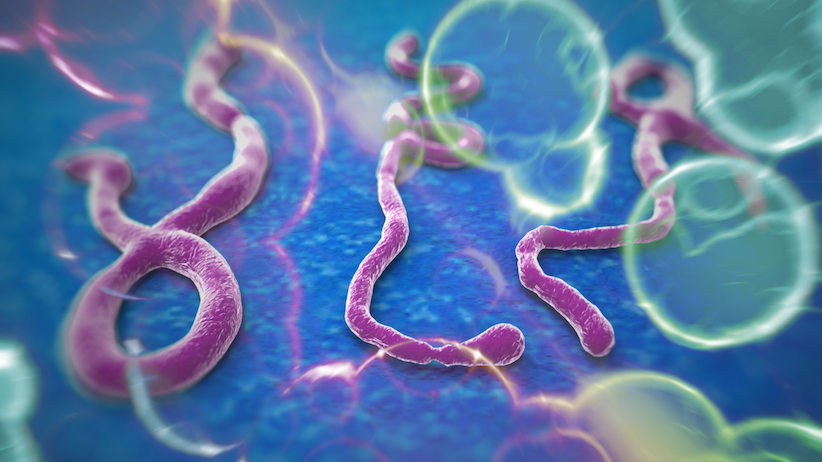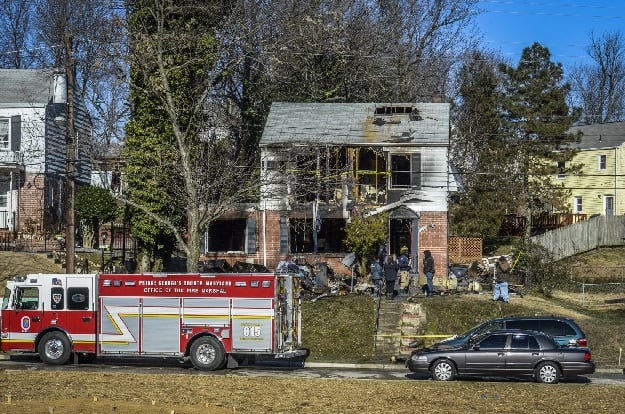The World Health Organisation (WHO) has declared the end of Ebola virus transmission in the Republic of Guinea, leaving Liberia as the only country awaiting the clean bill.
WHO also declared a 90-day period of heightened surveillance to ensure that any new cases are identified quickly before they can spread to other people in the country.
“WHO commends the Government of Guinea and its people on the significant achievement of ending its Ebola outbreak. We must render homage to the Government and people of Guinea who, in adversity, have shown extraordinary leadership in fighting the epidemic,” Mohamed Belhocine, WHO representative in Guinea, said in Conakry.
“WHO and its partners will continue to support Guinea during the next 90 days of heightened surveillance and in its early efforts to restart and strengthen essential health services throughout 2016.”
Advertisement
According to WHO, the end of Ebola transmission in Guinea marks an important milestone in the Ebola outbreak in West Africa, with the original chain of transmission starting two years ago in Gueckedou, Guinea.
“This is the first time that all three countries – Guinea, Liberia and Sierra Leone – have stopped the original chains of transmission that were responsible for starting this devastating outbreak two years ago,” Matshidiso Moeti, WHO regional director for Africa, said.
“I commend the governments, communities and partners for their determination in confronting this epidemic to get to this milestone. As we work towards building resilient health care systems, we need to stay vigilant to ensure that we rapidly stop any new flares that may come up in 2016.”
Advertisement
In addition to the original chain of transmission, there have been 10 new small Ebola outbreaks (or ‘flares’) between March and November 2015.
Among the challenges survivors have faced is that after recovering from Ebola virus disease and clearing the virus from their bloodstream, the virus may persist in the semen of some male survivors for as long as 9-12 months.
WHO says 2016 will see the three most-affected countries implement a full health sector recovery agenda to restart and strengthen key public health programmes, especially maternal and child health, while continuing to maintain the capacity to detect, prevent and respond to any flare-up of Ebola.
Advertisement
Add a comment

